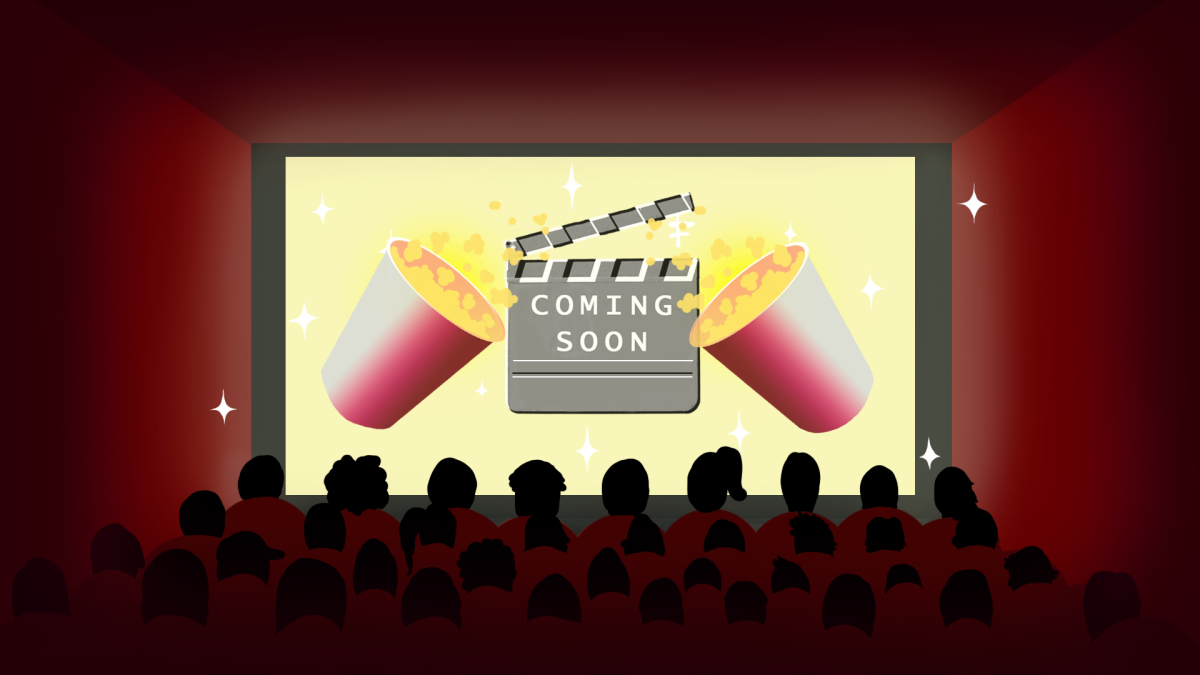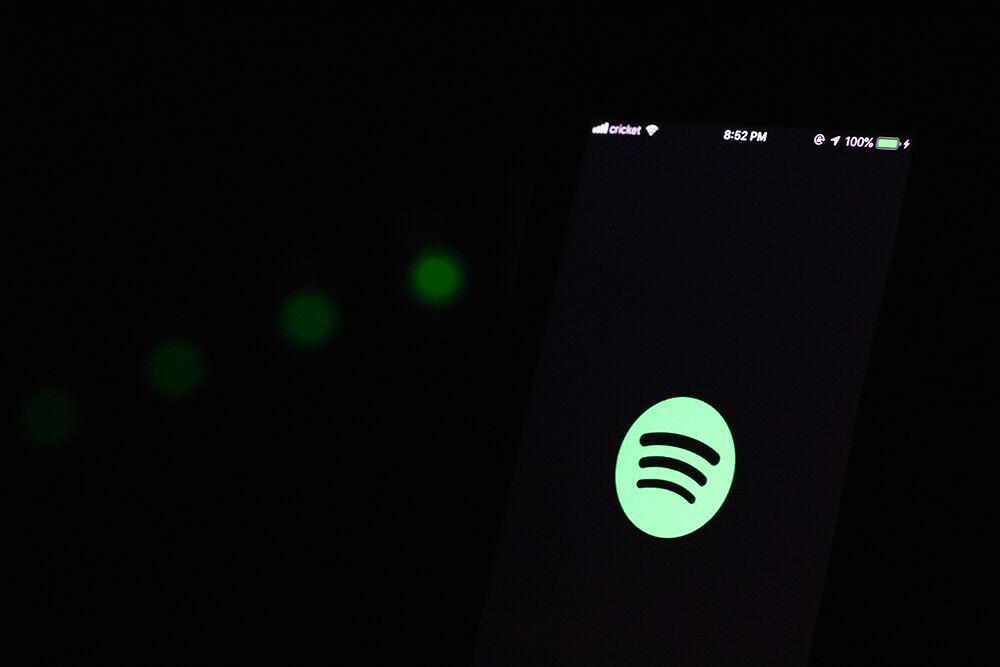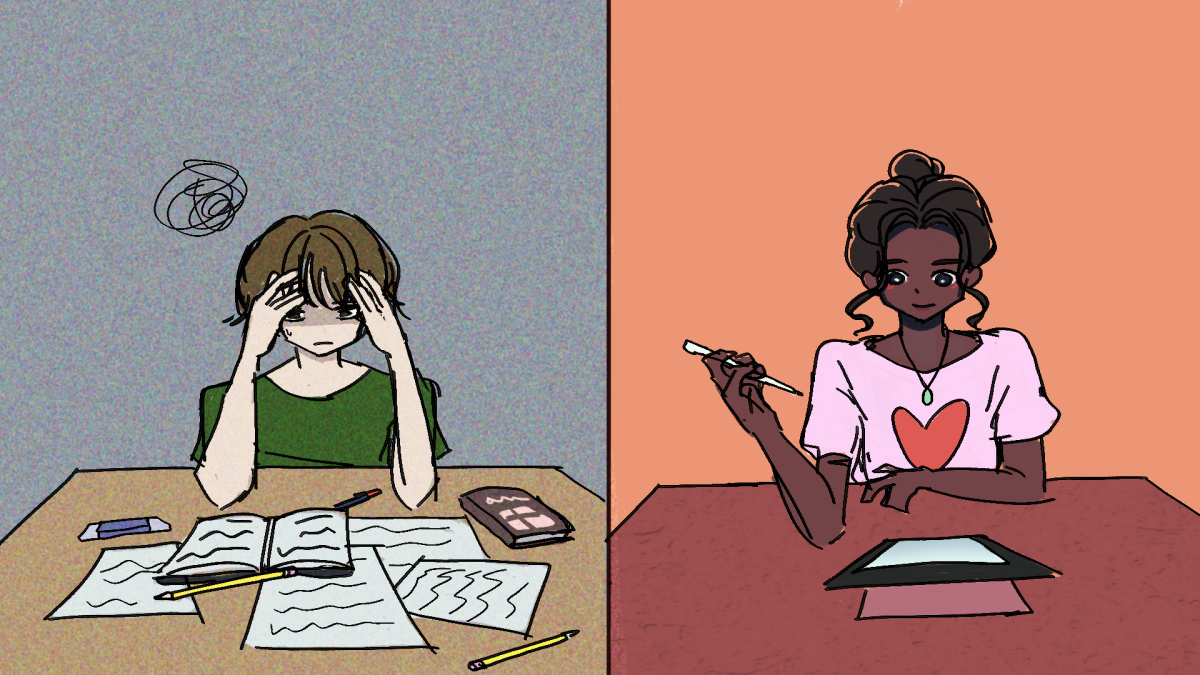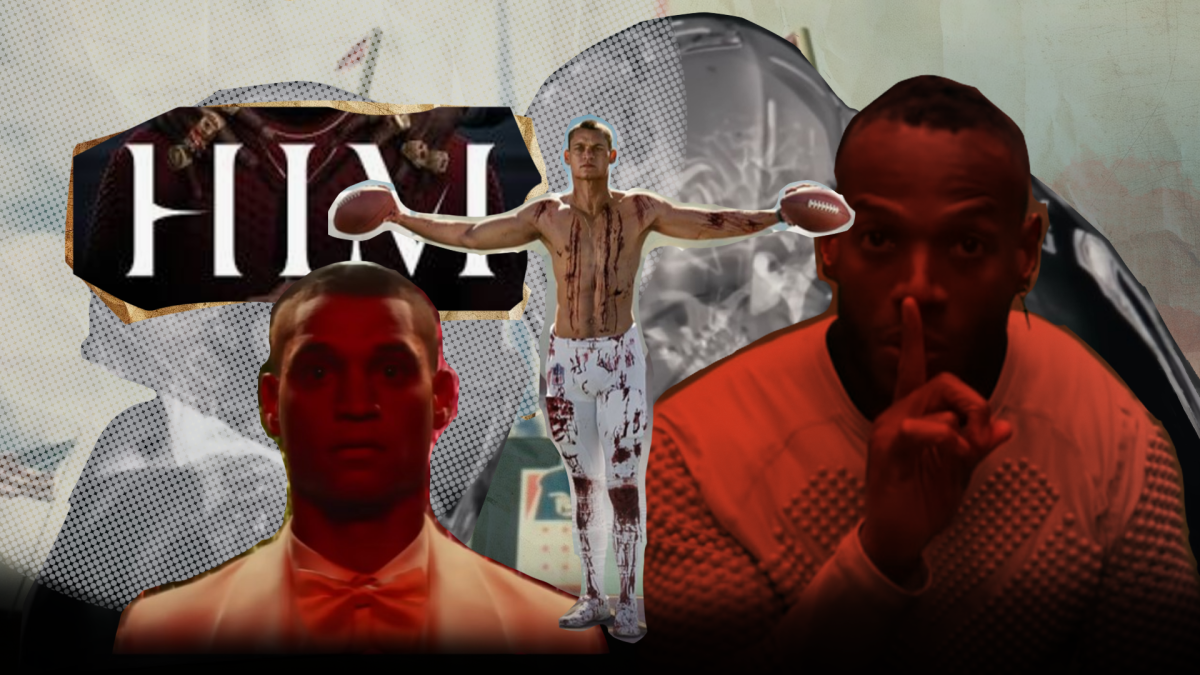University Theatre’s accessibility initiatives aim to create an environment for all people to celebrate diversity, community and art. Supertitles, audio description, closed captioning and American Sign Language interpretation are just a few of the accessibility features they offer to promote a welcoming and open atmosphere.
The multifaceted program spans multiple venues, including Titmus Theatre, Kennedy-McIlwee Studio Theatre, Stewart Theatre and Thiem-Burns Lobby — all of which offer various accessibility options.
The newest of these features are supertitles, which are similar to live closed captioning. They are projected on a screen above the stage in order to give those who are hearing impaired access to the lines spoken by actors.
Joshua Reaves, the Director of University Theatre, said that 75% of University Theatre plays and shows now have supertitles. He also explained how accessibility efforts expand past just NC State and into the greater community.
“These accessibility features have made a profound impact on the community,” Reaves said. “Fellow community theaters have reached out and sought ways to replicate things we are doing. We go above and beyond to ensure patrons and participants have a good time.”
Apart from just performances, student actors can also request accommodations throughout their audition process. Providing access for all students is part of University Theatre’s mission statement, which includes a commitment to inclusive casting, fostering meaningful connections and creating a student-centered community.
A dedication to accessibility means a commitment to continuously moving forward. Reaves explained a recent addition to University Theatre which will support audience members with hearing aids, demonstrating their dedication to treating accessibility as a marathon, not a sprint.
“We just added a loop system in Thompson Hall,” Reaves said. “Patrons are given a device for hearing support, which is a receiver and a small ear piece. This allows patrons with hearing aids to stream the show to their hearing device.”
Beyond just the infrastructure, University Theatre also promotes accessibility through a culture of support, understanding and growth.
Quinn Kinser, a third-year studying fisheries, wildlife and conservation biology, has been an active participant in University Theatre since her freshman year at NC State..
She explained how the program makes information about these resources readily available via their website and an open-door policy for accessibility requests.
“We have a subsection on our website about disabilities and accessibility for whatever your needs may be. We also have very open communication if there’s something you need for a show,” Kinser said.
Additionally, University Theatre works closely with the Disability Resource Office to ensure that students’ individual needs can be met within the theatre classes that they offer. They also allow students of any major to enroll in a theatre course, ensuring that no one is hindered from exploring theatre arts.
This dedication to student development and an inclusive environment for patrons allows theatre arts to reach all audiences, promoting growth and longevity for the artform.
“It certainly makes an impact not just for people who are hearing impaired but also everyone else,” Kinser said. “The accessibility may be for one person, but it makes it a better experience for everybody.”
Theatre relies heavily on sound and sight to tell its stories. Without the proper accommodations, it can be difficult for people with auditory or visual disabilities to navigate auditions or performances. University Theatre aims to change that by continuously striving for greater accessibility and performances where all are welcome.







